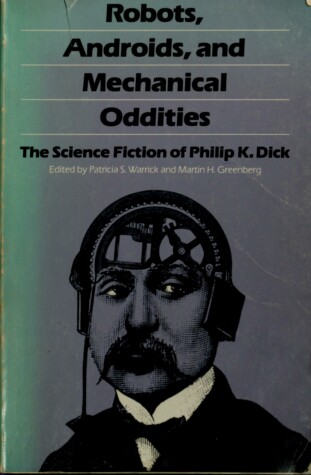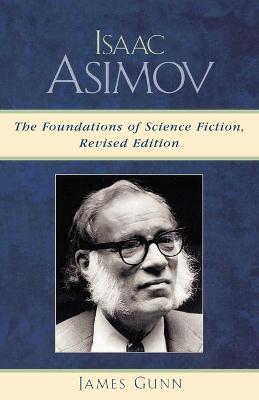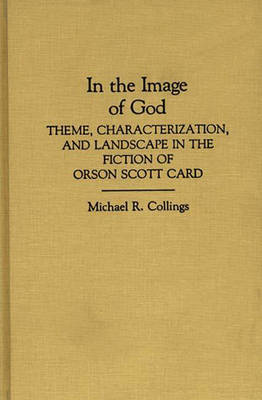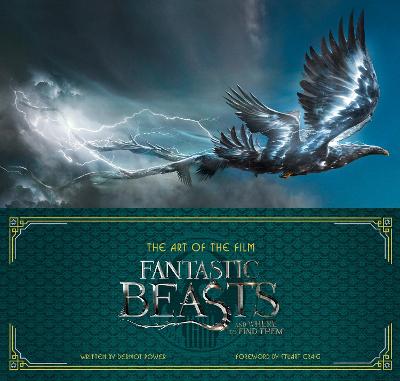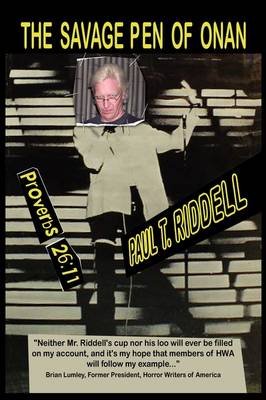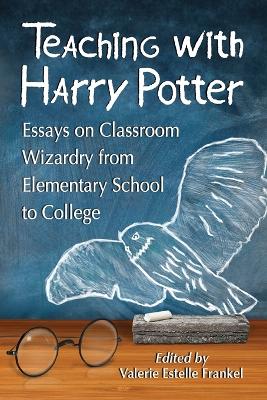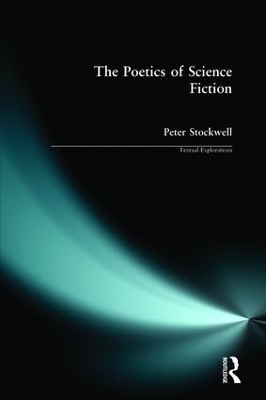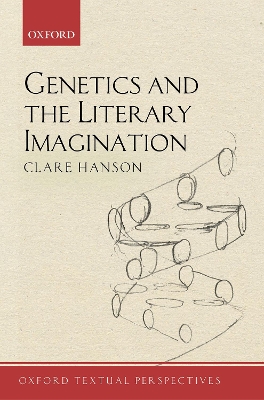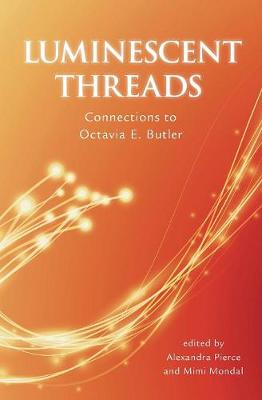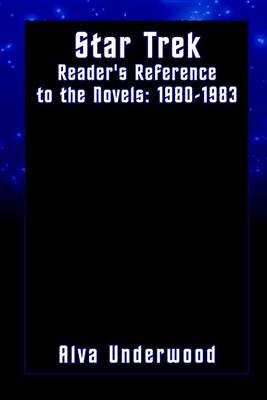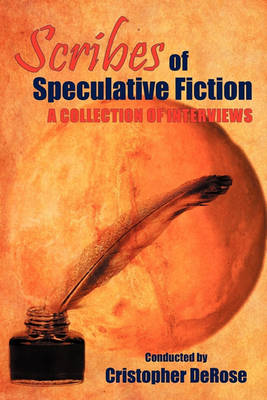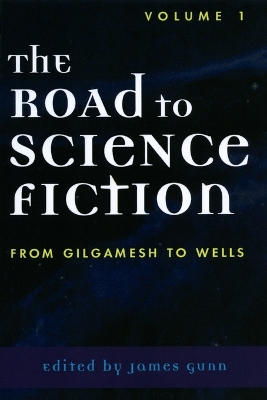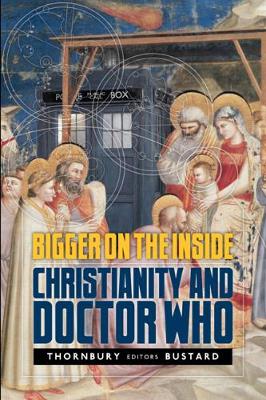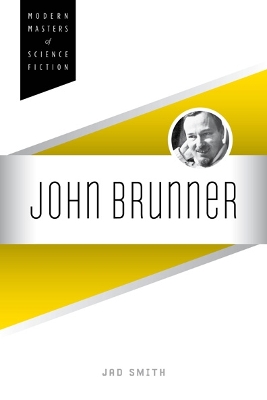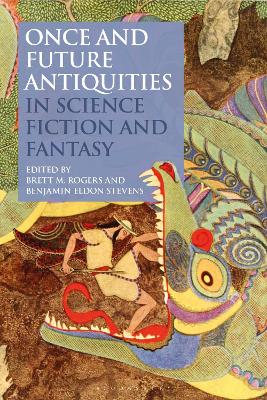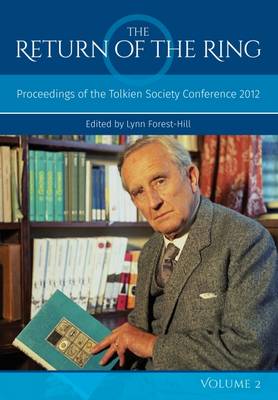Harry Potter Magical Places & Characters Coloring Book for Adults, Teens & Kids
Bodies And/As Technology (American Studies - A Monograph, #211)
by Sonja Georgi
Often considered to have been the creation of William Gibson in his seminal novel Neuromancer, the subgenre of cyberpunk can be traced back ito the history of science fiction from the 1950's to the late 1970's, and emerged in reaction to the world of the 1980's. Cyberpunk is a mix of hard science fiction, noir plotting, punk attitude and the cutting edge of culture. At the same time are some of the books open to charges of racism and sexism? Are these just toys for the boys or revolutionary mani...
Lippincott's Magazine of Popular Literature and Science, Volume XVII, No. 97, January, 1876
Women in Science Fiction and Fantasy [2 Volumes]
by Senior Lecturer in Osteoarticular Pathology Robin Reid
Works of science fiction and fantasy increasingly explore gender issues, feature women as central characters, and are written by women writers. This book examines women's contributions to science fiction and fantasy across a range of media and genres, such as fiction, nonfiction, film, television, art, comics, graphic novels, and music. The first volume offers survey essays on major topics, such as sexual identities, fandom, women's writing groups, and feminist spirituality; the second provides...
What is human? What is a machine? How do they differ? Or do they?In these 15 stories about robots and androids, Philip K. Dick asks these questions. The answers differ with each storyin the fictional world and in the exploring mind of Dick the only certainty is changebut the author establishes some guidelines: To be human, one must maintain his intellectual and spiritual freedom at all costs. He must refuse obedience to any ideology; he must remain unpredictable, unfettered by patterns and routi...
Harvard's George C. Simpson called the late Isaac Asimov "one of our natural wonders and national resources," for his hundreds of nonfiction works on science, mathematics, history, and literature. Asimov, however, is best known as a science fiction writer. This second edition, Isaac Asimov: The Foundations of Science Fiction, updates and expands science fiction scholar James Gunn's definitive, Hugo Award-winning critical volume about Asimov and his contributions to the science fiction genre. A c...
Direct and startlingly intimate, Hussein's stories are set in troubled times - in Karachi, Lahore and London, where war, partition and military rule form the backdrop for the anticipation and anxiety of changing homes and family life, the hopes and failures of love and work. Turquoise is a collection of stories that illuminate the passions and fears of a world more complex and more beautiful than the media images of Islam and Pakistan convey.
Professor Collings' absorbing study is the first full-length treatment of Orson Scott Card, the only writer thus far to receive the prestigious Hugo and Nebula awards two years in a row. The author examines the unique vision and literary achievements of this writer, a consummate storyteller who uses the medium of science fiction and fantasy to give shape to his deepest religious beliefs and moral convictions. Collings begins with an overview of Card's personal history, including his Mormon ba...
The Art of the Film: Fantastic Beasts and Where to Find Them
by Dermot Power
Step inside the world of the talented art departments who, led by Academy Award (R)-winning production designer Stuart Craig, were responsible for the creation of the unforgettable characters, locations and beasts in J.K. Rowling's Fantastic Beasts and Where to Find Them. The Art of the Film, edited by concept artist Dermot Power, takes you on a magical journey through a design process every bit as wonderful as Newt Scamander's adventure in the wizarding world. Bursting with...
The Harry Potter phenomenon created a surge in reading with a lasting effect on all areas of culture, especially education. Today, teachers across the world are harnessing the power of the series, using it to reach out to students young and old as a gateway to more challenging literature. In fact, Rowling's books can educate with a scope far beyond English classes. They've been used to teach history, gender studies, chemistry, religion, philosophy, sociology, architecture, Latin, medieval studie...
The Poetics of Science Fiction uniquely uses the science of linguistics to explore the literary universe of science fiction. Developing arguments about specific texts and movements throughout the twentieth-century, the book is a readable discussion of this most popular of genres. It also uses the extreme conditions offered by science fiction to develop new insights into the language of the literary context. The discussion ranges from a detailed investigation of new words and metaphors, to the ex...
Genetics and the Literary Imagination (Oxford Textual Perspectives)
by Clare Hanson
Oxford Textual Perspectives is a series of informative and provocative studies focused upon literary texts (conceived of in the broadest sense of that term) and the technologies, cultures, and communities that produce, inform, and receive them. It provides fresh interpretations of fundamental works and of the vital and challenging issues emerging in English literary studies. By engaging with the materiality of the literary text, its production, and reception history, and frequently testing and e...
Scribes of Speculative Fiction - A Collection of Interviews
by Christopher DeRose
Now in Paperback! Between an ancient Roman's trip to the moon and the fantastic tales of H.G. Wells lies a journey through time and space and an awesome evolution in scientific thinking. From Gilgamesh's search for immortality to Lucian's odyssey on the moon; from Jonathan Swift's hilarious satire on scientists in Gulliver's Travels to Mary Shelley's horrifying description of a scientist who has gone too far in Frankenstein from Edgar Allan Poe's balloon trip in the year 2848 to Jules Verne's p...
Under his own name and numerous pseudonyms, John Brunner (1934–1995) was one of the most prolific and influential science fiction authors of the late twentieth century. During his exemplary career, the British author wrote with a stamina matched by only a few other great science fiction writers and with a literary quality of even fewer, importing modernist techniques into his novels and stories and probing every major theme of his generation: robotics, racism, drugs, space exploration, technolog...
In 15 all-new essays, this volume explores how science fiction and fantasy draw on materials from ancient Greece and Rome, 'displacing' them from their original settings-in time and space, in points of origins and genre-and encouraging readers to consider similar 'displacements' in the modern world. Modern examples from a wide range of media and genres-including Philip Pullman's His Dark Materials and the novels of Helen Oyeyemi, the Rocky Horror Picture Show and Hayao Miyazaki's Spirited Away,...
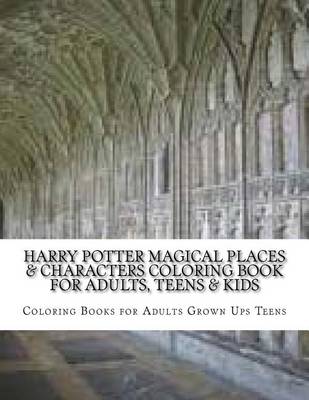
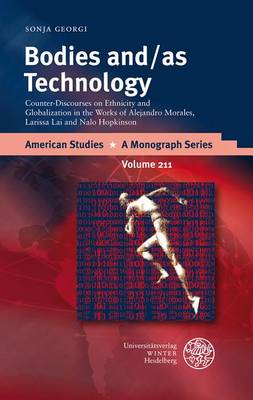
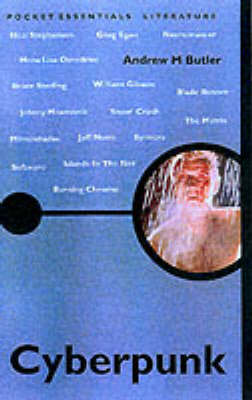
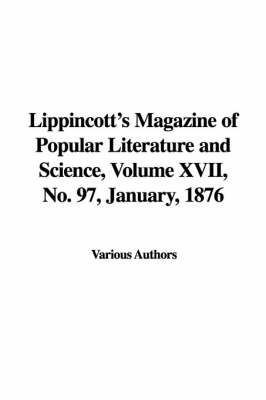
![Cover of Women in Science Fiction and Fantasy [2 Volumes]](https://static.bookhype.com/assets/images/book-cover-dark.png)
